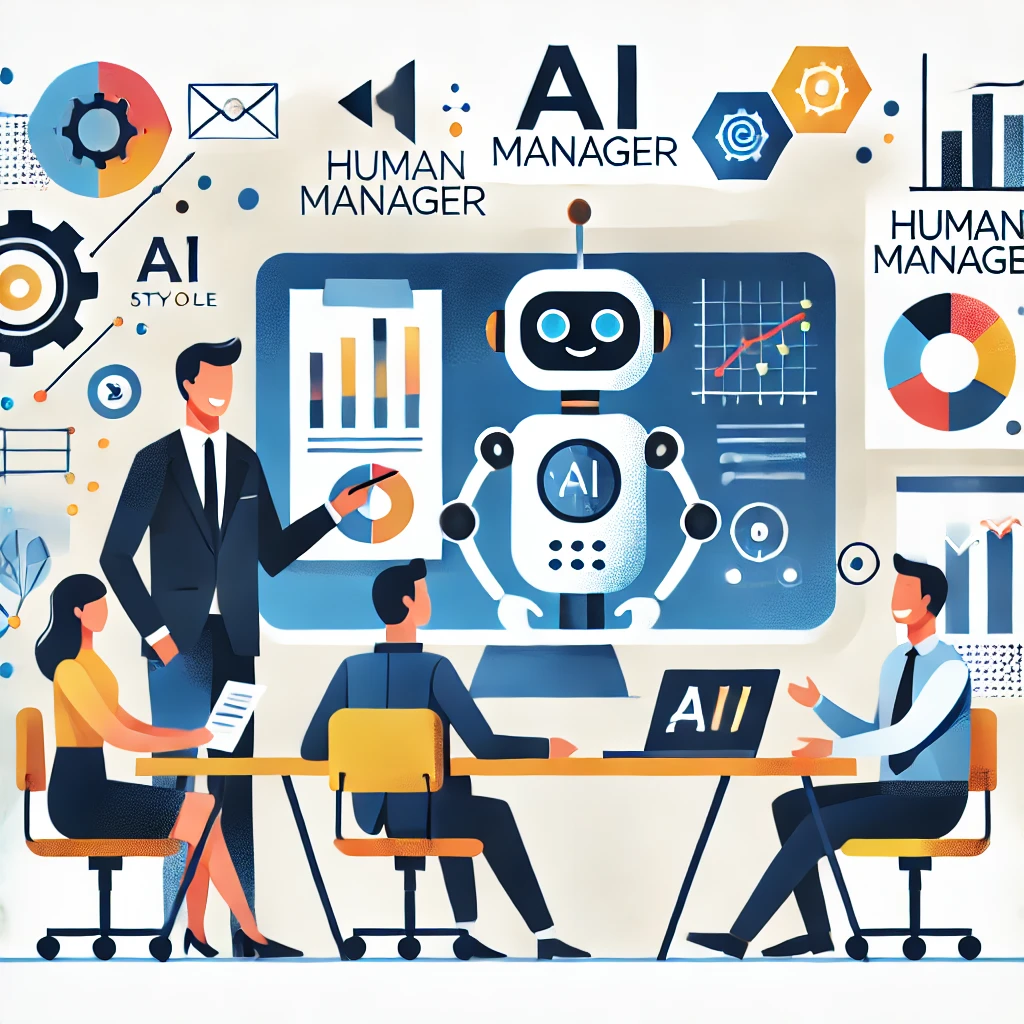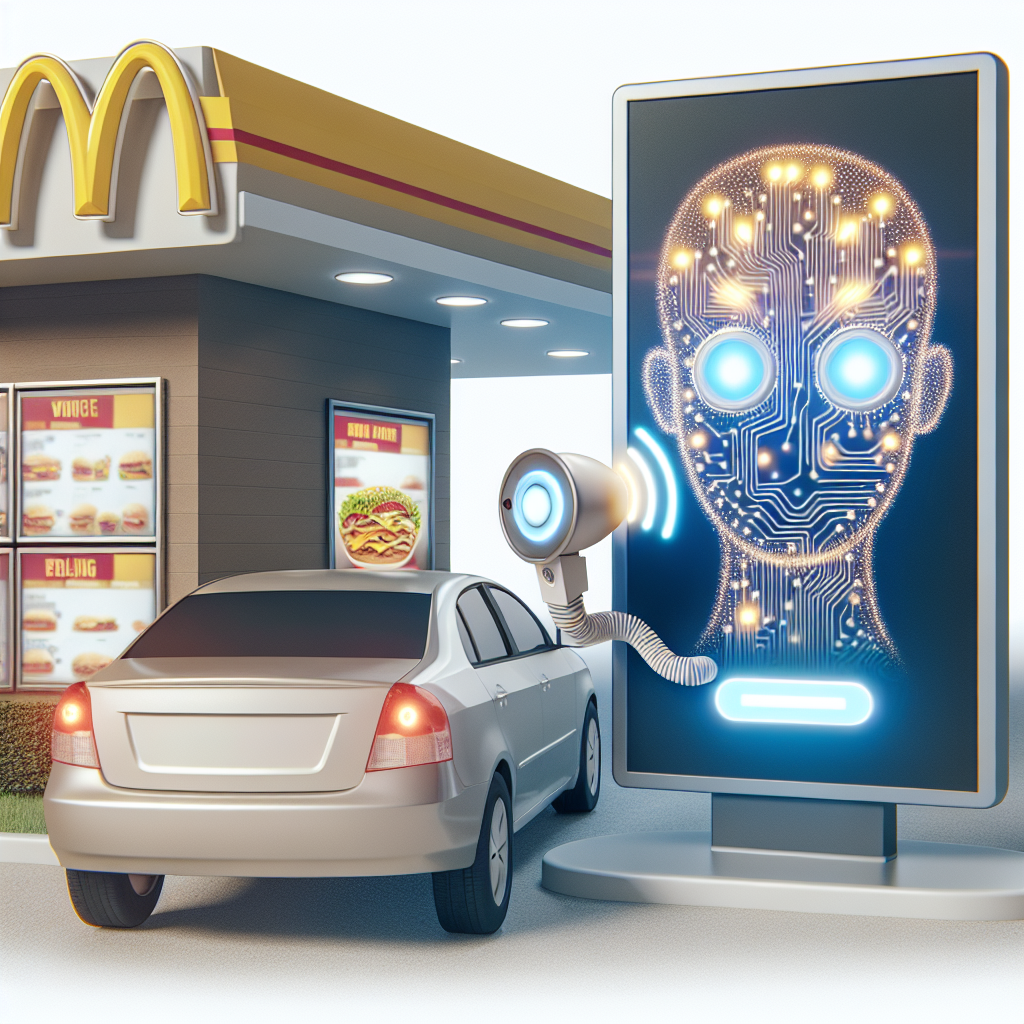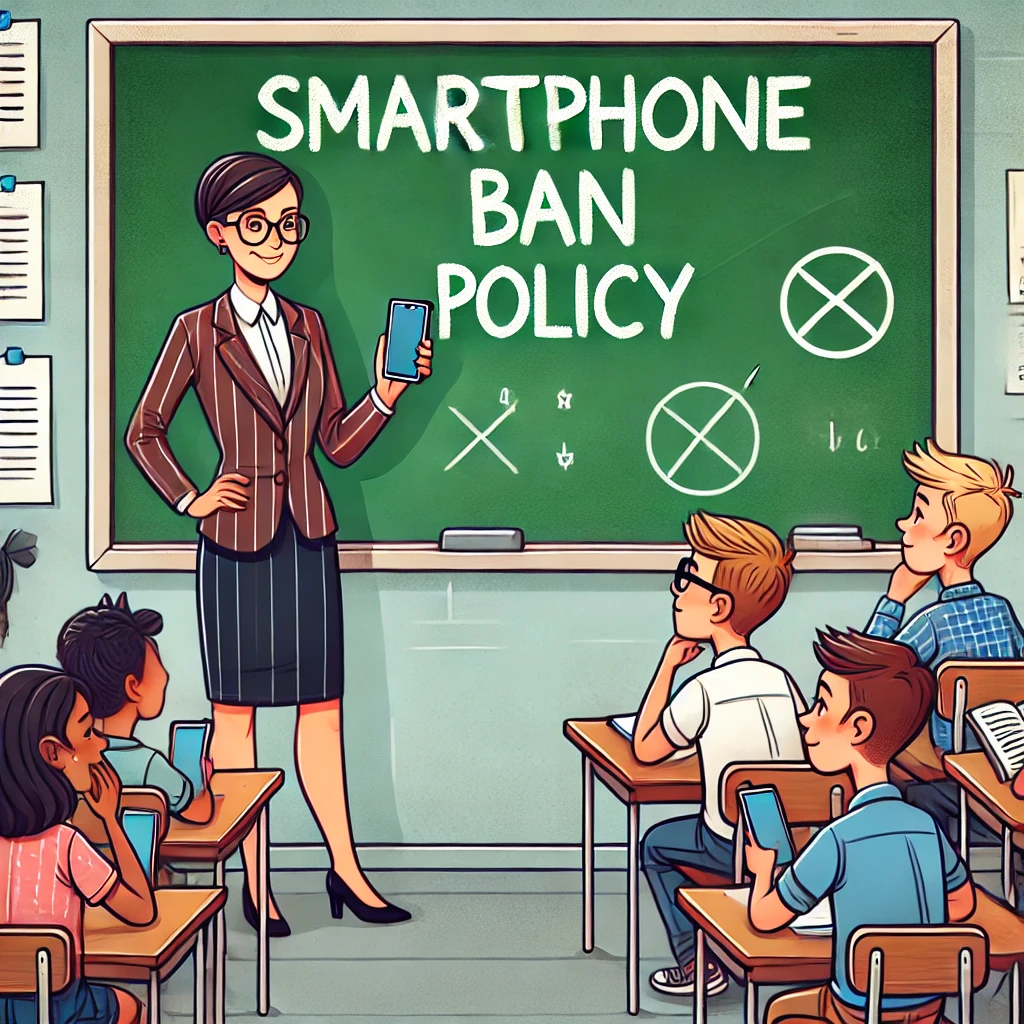Hannu Rauma works at a big company in Canada. He used to feel very stressed because he had to manage 83 people. Then, a special computer program called an AI manager started helping him. This AI helps with planning work and remembering important dates. Now, Hannu feels less stressed and his team works better together.
A study looked at how well the AI manager works compared to a human manager. The AI was almost as good as a human at helping people plan their work. But when the AI and a human worked together, they did even better. They helped more people get ready for their workdays. This shows that using both AI and humans can be really helpful for companies.
Even though AI is helpful, experts say we still need human bosses. Humans can teach and support workers in ways computers can’t. It’s important for humans to stay connected with their teams. Also, using AI can be risky because it might not keep secrets safe. So, it’s best to use both AI and humans to make work better and safer.
Original news source: Would having an AI boss be better than your current human one? (BBC)
🎧 Listen:
Slow
Normal
Fast
📖 Vocabulary:
| 1 | company | A place where people work together |
| 2 | stressed | Feeling worried or nervous |
| 3 | manage | To be in charge of people or things |
| 4 | program | A set of instructions for a computer |
| 5 | planning | Thinking about what to do in the future |
| 6 | study | Looking closely at something to learn about it |
| 7 | experts | People who know a lot about something |
| 8 | support | Helping someone when they need it |
| 9 | connected | Being close or in touch with others |
| 10 | risky | Something that might be dangerous or cause trouble |
Group or Classroom Activities
Warm-up Activities:
– CHARADES
Instructions: Students take turns acting out words or phrases related to the article without speaking, while their classmates guess what they are. Words can include “AI,” “manager,” “team,” “work,” and “stress.”
– TWO TRUTHS AND A LIE
Instructions: Each student presents three statements about the article, two of which are true and one that is false. The rest of the class must guess which statement is the lie.
– HEADLINE CREATION
Instructions: Students work in pairs to come up with a catchy headline for the article. They can then share their headlines with the class and discuss why they chose them.
– PASS THE STORY
Instructions: Students sit in a circle. One student starts by saying a sentence about the article (e.g., “Hannu used to feel stressed”). The next student adds another sentence, continuing the story. This continues until everyone has contributed.
– OPINION POLL
Instructions: Pose a question related to the article, such as “Do you think AI can replace human managers?” Students discuss their opinions in small groups and then share their thoughts with the class.
🤔 Comprehension Questions:
1. Where does Hannu Rauma work?
2. How many people did Hannu have to manage before?
3. What is the special computer program called that helps Hannu?
4. How does the AI manager help Hannu?
5. What did the study find about the AI manager and human managers?
6. Why do experts say we still need human bosses?
7. What can happen if we only use AI and not humans?
Go to answers ⇩
🎧✍️ Listen and Fill in the Gaps:
Hannu Rauma works at a big company in (1)______. He used to feel very stressed because he had to manage 83 (2)______. Then, a special computer program called an AI manager started helping him. This AI helps with planning work and remembering important dates. Now, Hannu feels less stressed and his team works better together.
A study looked at how well the AI manager works compared to a (3)______ manager. The AI was almost as good as a human at helping people (4)______ their work. But when the AI and a human worked together, they did even better. They (5)______ more people get ready for their workdays. This shows that using both AI and (6)______ can be really helpful for companies.
Even though AI is helpful, experts say we still need human bosses. Humans can teach and support (7)______ers in ways computers can’t. It’s important for humans to stay connected with their teams. Also, using AI can be risky because it might not keep secrets safe. So, it’s best to use both AI and humans to (8)______ work better and safer.
Go to answers ⇩
💬 Discussion Questions:
Students can ask a partner these questions, or discuss them as a group.
1. What is a boss?
2. Do you like working with computers? Why or why not?
3. How would you feel if a robot helped you at school?
4. What is a team?
5. Do you think it is good to have friends at work? Why?
6. Have you ever felt stressed? What made you feel better?
7. What is your favorite way to plan your day?
8. Do you think robots can be good helpers? Why or why not?
9. How would you feel if you had to manage many people?
10. Do you think humans can teach robots? Why?
11. What is something you want to learn from a boss?
12. How do you feel when you work with others?
Individual Activities
📖💭 Vocabulary Meanings:
Match each word to its meaning.
Words:
1. company
2. stressed
3. manage
4. program
5. planning
6. study
7. experts
8. support
9. connected
10. risky
Meanings:
(A) Helping someone when they need it
(B) A place where people work together
(C) To be in charge of people or things
(D) Being close or in touch with others
(E) Something that might be dangerous or cause trouble
(F) People who know a lot about something
(G) Looking closely at something to learn about it
(H) A set of instructions for a computer
(I) Thinking about what to do in the future
(J) Feeling worried or nervous
Go to answers ⇩
🔡 Multiple Choice Questions:
1. Who works at a big company in Canada?
(a) Hannu Rauma
(b) A cat
(c) A tree
(d) A car
2. How many people did Hannu manage before?
(a) 83 people
(b) 10 people
(c) 5 people
(d) 100 people
3. What helps Hannu with planning work?
(a) A dog
(b) AI manager
(c) A book
(d) A toy
4. How does Hannu feel now?
(a) More tired
(b) Very sad
(c) Less stressed
(d) Hungry
5. What did the study look at?
(a) Cats and dogs
(b) Cars and bikes
(c) AI manager and human manager
(d) Trees and flowers
6. What happens when AI and a human work together?
(a) They do worse
(b) They play games
(c) They take a nap
(d) They do even better
7. Why do we still need human bosses?
(a) They can fly
(b) They can cook food
(c) They can dance
(d) They can teach and support workers
8. What can be risky about using AI?
(a) It can sing
(b) It might not keep secrets safe
(c) It can jump
(d) It can paint pictures
Go to answers ⇩
🕵️ True or False Questions:
There are not exactly 8 statements in the clipboard. Please check and try again.
Go to answers ⇩
📝 Write a Summary:
Write a summary of this news article in two sentences.
Check your writing now with the best free AI for English writing!
Writing Questions:
Answer the following questions. Write as much as you can for each answer.
Check your answers with our free English writing assistant!
1. Who is Hannu Rauma and where does he work?
2. What did the special computer program help Hannu with?
3. How did Hannu feel before the AI manager helped him?
4. What happens when AI and a human work together?
5. Why do experts say we still need human bosses?
✅ Answers
🤔✅ Comprehension Question Answers:
1. Where does Hannu Rauma work?
Hannu Rauma works in a big company in Canada.
2. How many people did Hannu have to manage before?
Hannu had to manage 83 people before.
3. What is the special computer program called that helps Hannu?
The special computer program is called an AI manager.
4. How does the AI manager help Hannu?
The AI manager helps Hannu with planning work and remembering important dates.
5. What did the study find about the AI manager and human managers?
The study found that the AI manager is almost as good as a human manager at helping people plan their work.
6. Why do experts say we still need human bosses?
Experts say we still need human bosses because humans can teach and support workers in ways computers cannot.
7. What can happen if we only use AI and not humans?
If we only use AI and not humans, it can be risky and might not keep secrets safe.
Go back to questions ⇧
🎧✍️✅ Listen and Fill in the Gaps Answers:
(1) Canada
(2) people
(3) human
(4) plan
(5) helped
(6) humans
(7) work
(8) make
Go back to questions ⇧
📖💭✅ Vocabulary Meanings Answers:
1. company
Answer: (B) A place where people work together
2. stressed
Answer: (J) Feeling worried or nervous
3. manage
Answer: (C) To be in charge of people or things
4. program
Answer: (H) A set of instructions for a computer
5. planning
Answer: (I) Thinking about what to do in the future
6. study
Answer: (G) Looking closely at something to learn about it
7. experts
Answer: (F) People who know a lot about something
8. support
Answer: (A) Helping someone when they need it
9. connected
Answer: (D) Being close or in touch with others
10. risky
Answer: (E) Something that might be dangerous or cause trouble
Go back to questions ⇧
🔡✅ Multiple Choice Answers:
1. Who works at a big company in Canada?
Answer: (a) Hannu Rauma
2. How many people did Hannu manage before?
Answer: (a) 83 people
3. What helps Hannu with planning work?
Answer: (b) AI manager
4. How does Hannu feel now?
Answer: (c) Less stressed
5. What did the study look at?
Answer: (c) AI manager and human manager
6. What happens when AI and a human work together?
Answer: (d) They do even better
7. Why do we still need human bosses?
Answer: (d) They can teach and support workers
8. What can be risky about using AI?
Answer: (b) It might not keep secrets safe
Go back to questions ⇧
🕵️✅ True or False Answers:
There are not exactly 8 statements in the clipboard. Please check and try again.
Go back to questions ⇧















